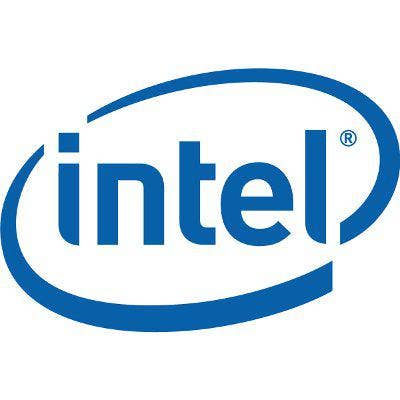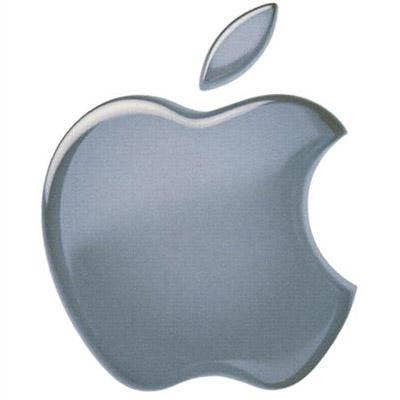Five Companies That Dropped The Ball This Week

Ex-Employee Claims Nortel Didn't Fix Security Breach Before Sale
Defunct telecom vendor Nortel had its computer systems breached by Chinese hackers in 2000 and had yet to fix the issue when it declared bankruptcy and began selling off pieces of its business to other companies, The Wall Street Journal reported this week.
The breach began with the theft of seven passwords from top Nortel executives, including a CEO, and over the years hackers made off with technical papers, research and development reports, business plans and employee e-mails, according to the report.
Nortel did not disclose the hack to prospective buyers, Brian Shields, a former 19-year veteran of Nortel who led the internal investigation of the security breach, told The Wall Street Journal.

Intel May Delay Ivy Bridge Processors, According To Report
Intel recently informed partners that it's delaying mass shipments of its forthcoming Ivy Bridge processor due to the large number of Sandy Bridge notebooks that remain unsold, Digitimes reported this week. Mass shipments of Ivy Bridge were expected to begin in April but now won't start until June, Digitimes reported, citing sources familiar with the situation.
Intel isn't commenting on the report, but the company has told other media outlets that it remains on track for a spring 2012 launch as it previously had forecast. An Ivy Bridge delay is the last thing the PC industry needs right now in light of the ongoing hard drive shortage due to last year's flooding in Thailand.

Microsoft Deals With Security Glitches, Hotmail Outage
Microsoft had a rough Tuesday, with a pair of bugs in its February Patch Tuesday release creating problems for customers, followed by a brief Hotmail outage. One faulty patch for Microsoft Forefront and Security Essentials flagged Google as a malicious Web site. If that weren't enough, Microsoft also warned customers to immediately apply critical patches in Internet Explorer and Windows Media Player.

Apple Entangled In iPad Trademark Dispute In China
A financially strapped Chinese technology company called Proview, which is locked in a trademark dispute with Apple over ownership of the iPad brand, this week said it's seeking to halt iPad shipments into and out of China.
For Apple, this case is veering into embarrassing territory. Apple bought the rights to the iPad name from a Taiwanese company affiliated with Proview -- called Proview Taipei -- in 2009, but Proview claims it still owns the brand in mainland China. Apple told China Daily this week that Proview isn't living up to its end of an agreement the two companies forged several years ago.
Meanwhile, Chinese authorities reportedly have been pulling iPads off store shelves in response to Apple's alleged trademark infringement. Of course, the irony here is that China often gets criticized for intellectual property rights violations and now finds itself in a position to do the finger-wagging.

Google Hit With Security Questions Over Wallet Offering
Google's progress in mobile payments hit a snag recently when two separate security flaws in its Google Wallet product came to light. The first vulnerability made it possible for the finder of a lost phone with Google Wallet installed to gain access to the prepaid card on the device. Google has since released a fix for this issue.
And Joshua Rubin, a senior software engineer at security vendor Zvelo, was able to find and decrypt the four-digit Google Wallet password, which is designed to protect the user's credit card information in the event of a lost or stolen phone.
Rubin said he was able to decrypt the password because it is stored in the application database, not in the special chip where credit card numbers are stored. Google's response was that Rubin was using a rooted phone and under normal circumstances this sort of tampering would cause all user data within the phone to automatically be wiped out, including all Google Wallet data.